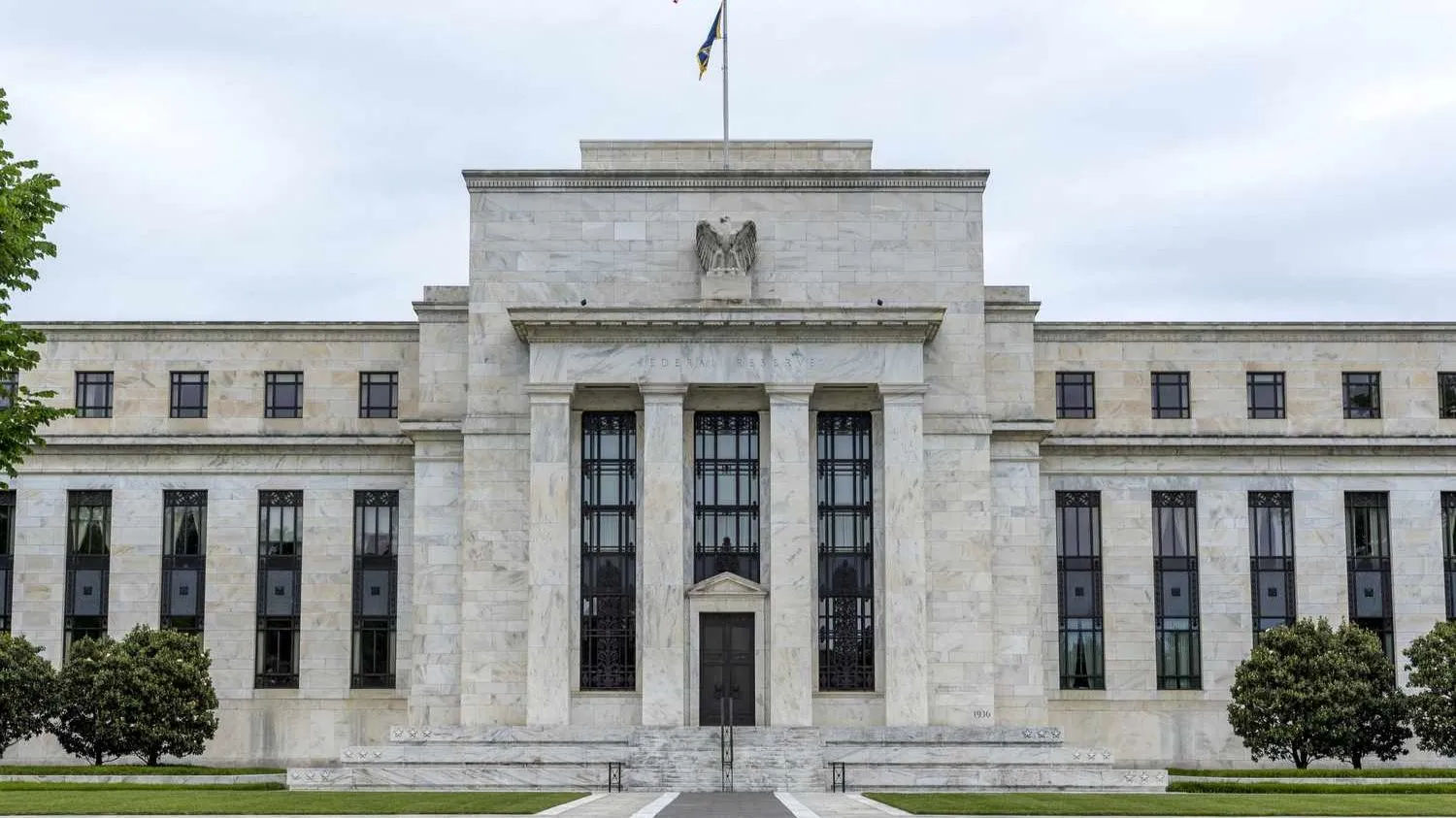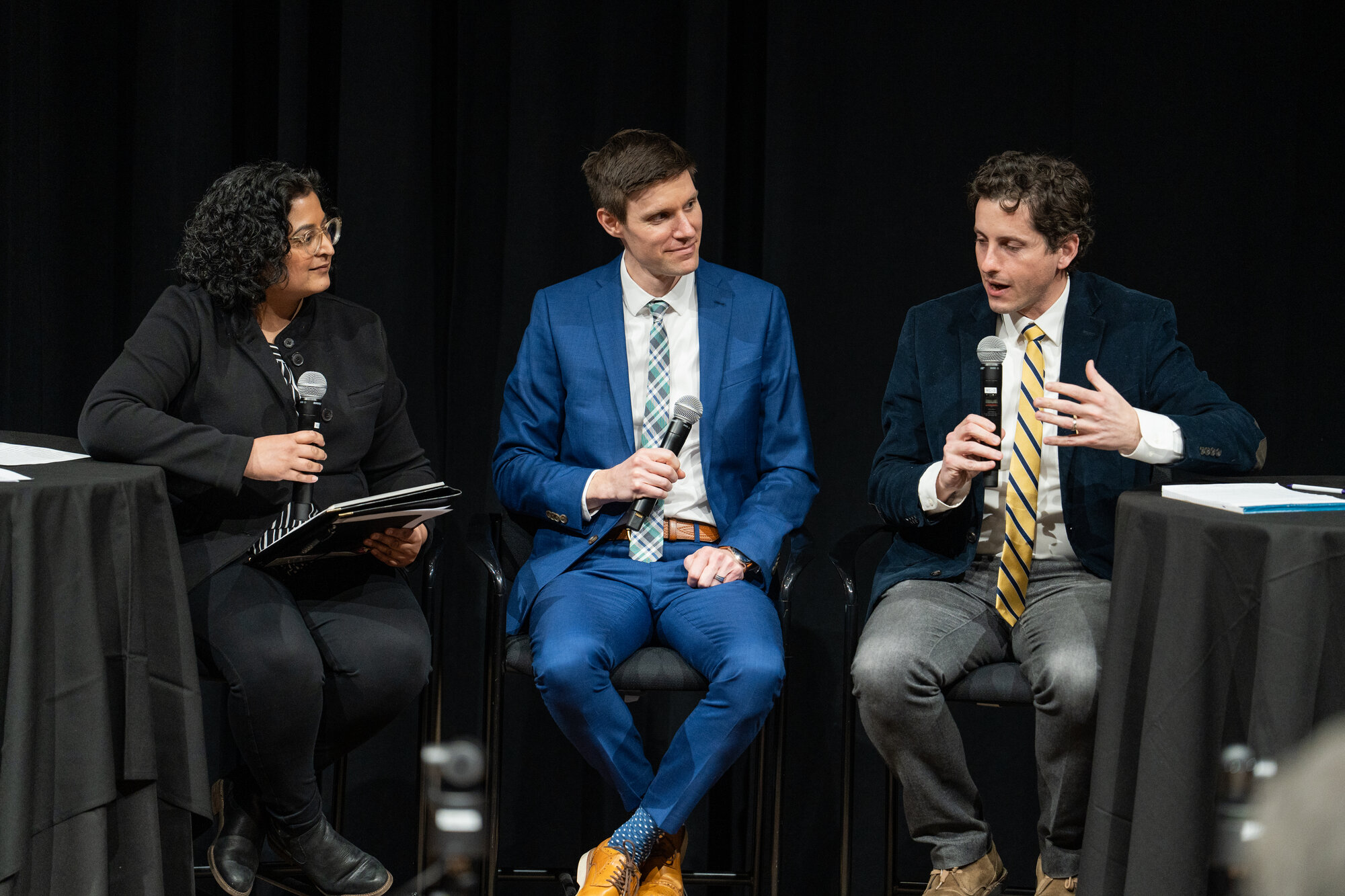




Former New York Fed President Bill Dudley recently gave a transcript interview where he discussed his background and career in economics and finance. Dudley emphasized the importance of transparency in the Federal Reserve's communication with markets and the public, highlighting the need for clear and open dialogue. He also stressed the Fed's independence from political influence, stating that it is crucial for the central bank to prioritize the country's economic well-being over political considerations. Dudley praised current Fed Chair Jerome Powell's leadership and commitment to maintaining the Fed's credibility and independence [3d7dbd3c].
In addition to discussing the Fed's independence, Dudley also touched on the significance of US engagement in global affairs. He highlighted the positive impact that active US involvement in global economic and political matters can have on the country's economy. Dudley's remarks underscore the interconnectedness of the global economy and the importance of international cooperation [3d7dbd3c].
Christopher Waller, a member of the Federal Reserve Board of Governors, spoke at the Finding Forward event at the University of St. Thomas on Feb. 22. He emphasized the importance of transparency and trust in the economy. Waller stated that a resilient economy allows a measured response from the Federal Reserve and that there is no rush to cut interest rates in March. He also highlighted the historical correlation between large rate cuts and recessions, suggesting that waiting to cut rates poses little risk. Economics professors Tyler Schipper and Benjamin Pugsley discussed how the Fed's credibility and transparency have helped guide the economy. They acknowledged that the economic experience from 2020 to the present is unique and will be studied for decades. Waller expressed his desire to contribute to the good of the country and stated that his colleagues share the same sentiment. The Finding Forward event will continue on March 14 with a conversation about leadership and collaboration in an age of polarization [6a3da255].
Danielle DiMartino Booth, CEO and chief strategist of QI Research, and Frances Donald, chief economist and strategist at Manulife Investment Management Global, discussed the Federal Reserve's interest rate strategy on 'Making Money with Charles Payne.' The video was aired on March 20, 2024. The discussion highlights the argument that the Fed has goals beyond safeguarding the sanctity of the US economy [cffb7e65].
Austan Goolsbee, president of the Chicago Federal Reserve, called for enhanced transparency in the US Federal Reserve's quarterly 'dot plot' of policymakers' interest-rate-path views. Goolsbee suggested that the dot plot should incorporate individual economic expectations to provide more meaningful context. The dot plot, introduced in 2012, illustrates the anticipated trajectory of the Fed's policy rate as projected by each of the 19 US central bankers for the upcoming years. Goolsbee argued that the current format of the dot plot lacks substantive economic content and proposed an anonymized matrix to align economic forecasts with each participant's rate path. Goolsbee's remarks coincide with discussions surrounding the potential introduction of a similar 'dot plot' by the European Central Bank (ECB) and precede an upcoming review of the Fed's policy framework [075b99a2].
The RealEcon team at the Council on Foreign Relations has launched a listening tour to understand what Americans think about trade, investment, foreign aid, and other forms of U.S. engagement in the international economy. Their first stop was Florida, where they met with local officials, business leaders, educators, students, journalists, and others. They learned about Florida's economy, which is heavily dependent on agriculture, tourism, and trade. The team plans to continue their tour in Wisconsin and make stops in other states throughout the year. They also intend to conduct parallel tours of industrialized and developing economies. The goal is to gain a greater appreciation for how Americans view international economic issues and to build a consensus for American economic leadership [ae614400].